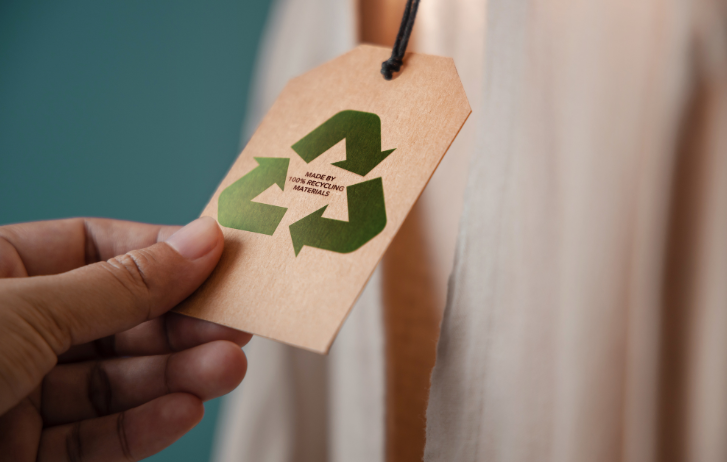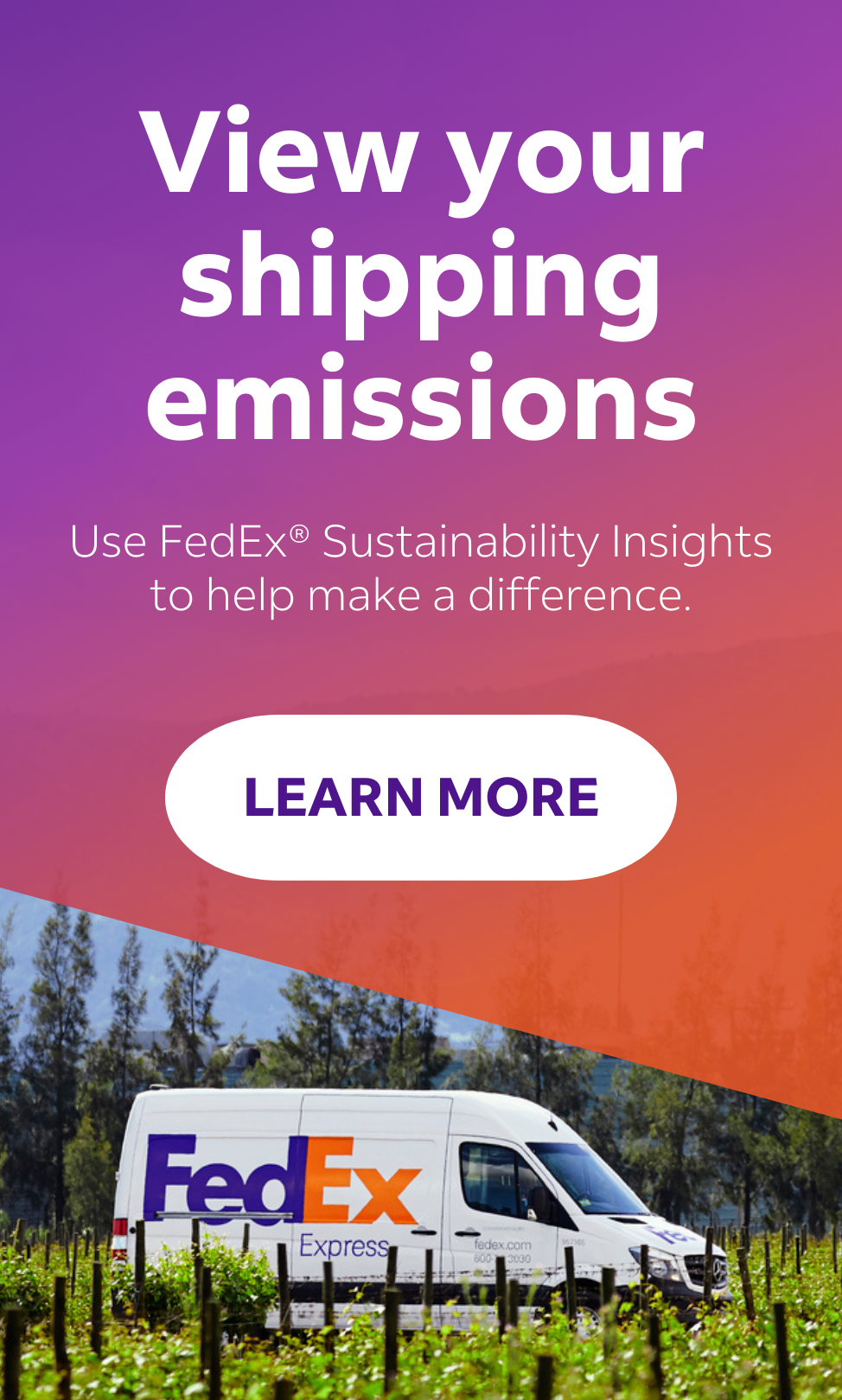
Decoding Scope 3: The Strategic Role Of Logistics In Taiwan’s Net-Zero Transition
By Michael Chu | May 20, 2025
Taiwan's transition to net-zero emissions won't be easy. How can green logistics and emissions management help Taiwanese businesses meet sustainability goals?
- Scope 3 emissions account for 80% of total emissions from supply chains and transportation.
- Taiwan is committed to reducing carbon emissions by up to 30% by 2030, with regulations like carbon fees and mandatory emissions disclosure pushing companies to prioritize sustainability.
- By collaborating with sustainable logistics providers, Taiwanese businesses can reduce emissions, improve operational efficiency, and align with local and global sustainability requirements.
What are Scope 3 emissions and why do they matter? If you’re managing your company’s supply chain strategy or trying to cut emissions, you might already know a bit about Scope 3.
Often the largest and most complex emissions category, Scope 3 includes emissions generated by external suppliers as well as your overall supply chain. According to McKinsey, Scope 3 emissions account for 80% of total emissions, making carbon reduction efforts significantly more complex.
Ignoring these emissions puts businesses at serious risk, especially as international brands and buyers tighten requirements for carbon disclosure and reduction. However, companies face challenges in gathering accurate data due to varied data sources and limited transparency from suppliers.
There is also growing pressure from consumers. A Deloitte report indicates 77% of companies are seeing increased customer demand for sustainable products and supply chains. This shift is turning sustainability into a competitive edge for exporters.
How is this playing out in Taiwan?
As an export-driven economy with exports accounting for 63% of GDP in 2024, Taiwan is adapting to the demands of the global green economy to maintain its competitive edge.
In early 2025, according to the Taiwan National Council for Sustainable Development, the government pledged to reduce carbon emissions by 28% by 2030 (compared to 2005 levels), under a regulatory framework designed to drive industrial transformation.
Taiwan’s policy momentum: Carbon fees and mandatory disclosures driving change
Since the enactment of the Climate Change Response Act in 2023, the Ministry of Environment (MOENV) has rolled out regulations and guidelines for industrial decarbonization, including a carbon fee program. From 2025, carbon fees will be imposed on electricity and manufacturing industries whose emissions exceed 25,000 tons of CO2 equivalent per year.
The carbon fee is set at NT$300 per ton of CO2, which means a company emitting 30,000 tons of CO2 will have to pay NT$9,000,000 per year (around US$293,000). In response, affected companies are accelerating green transformation across their supply chains.
All publicly listed companies will also face phased-in requirements for greenhouse gas inventories and third-party verification, which must be disclosed in their annual reports. An additional 500 enterprises and 20,000 stores are also required to complete their 2025 emissions registration by April 2026.
As ESG factors and stringent regulations continue to evolve, they are becoming core drivers of financing, procurement, and brand value. With sustainability playing an increasingly central role in business strategy, emissions management has become more critical across the entire value chain.
How carbon inventory strategy is evolving
Sustainability is no longer just about forms and reports. It's a powerful tool for aligning operations, managing risk, and engaging customers. One of the key challenges lies in fragmented Scope 3 data and limited supply chain visibility, making it difficult for businesses to get a comprehensive view of their environmental impact.
Another challenge is the lack of real-time data and cross-functional integration, which hampers effective decision-making. Forward-looking companies are overcoming these obstacles by using carbon inventory as a foundation for co-creating sustainability initiatives with their suppliers. By leveraging data, businesses are not only improving operational efficiency. They’re also building trust and driving meaningful change across their supply chains.
Many Taiwanese companies have proactively developed and implemented comprehensive carbon inventory systems to manage greenhouse gas emissions. These systems are designed to track and report emissions in alignment with international standards, such as ISO 14064-1.
By adopting advanced monitoring tools, conducting third-party verifications, and regularly updating their emission reduction strategies, businesses aim to meet regulatory requirements and advance broader sustainability goals. These efforts go beyond helping businesses comply with local regulations. They also prepare them for international carbon pricing mechanisms, such as the EU’s Carbon Border Adjustment Mechanism.
Logistics as a strategic lever: Unlocking emissions management through transportation
Transportation is a major contributor to Scope 3 emissions and is often one of the most controllable aspects for companies. Collaborating with third-party logistics (3PL) providers that prioritize sustainability and offer logistics management tools is vital for controlling emissions.
FedEx® Sustainability Insights provides enterprise-level emissions data, helping fill critical gaps in traditional carbon inventory efforts. By combining smart logistics with actionable data, businesses can move beyond simple emissions tracking to achieve supply chain optimization, ultimately improving both their environmental impact and operational efficiency.
The net-zero transition is no longer optional. It’s a survival strategy. Leveraging the right tools, integrating supply chains, and deepening collaboration will empower Taiwanese companies to lead in the global sustainability race.
SHARE THIS STORY
- Generative AI: A New Frontier
- How To Ship A Giant Panda
- How To Make Freight Shipments Work For Your Small Business
- The Rise Of Intra-Asia Trade: Opportunities In The China-Southeast Asia Corridor
- Where Do Old Planes Go When They Retire?
- What’s So Dangerous About Coconuts? Your Guide To Dangerous Goods Logistics
Sign up now and save on your shipping rates!
Sign up now and earn discounts by shipping instantly with FedEx Ship ManagerTM at fedex.com.
Recommended For You

How To Take Steps For A More Sustainable Future
The future of our operations at FedEx is closely tied to the future of our environment. Our sustainability commitment means stepping up.
Read More
How To Map More Sustainable Ways Of Operating
At FedEx, we're harnessing data to improve sustainability in shipping. As technology unlocks new insights, we can offer better digital solutions.
Read More
How To Get Greater Visibility Into Supply Chain Sustainability
FedEx Sustainability Insights helps businesses track emissions and measure logistics impact for more sustainable supply chain management.
Read More


